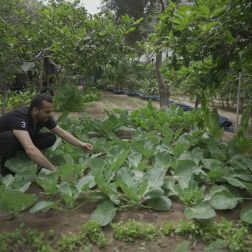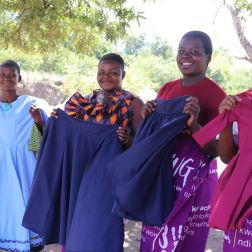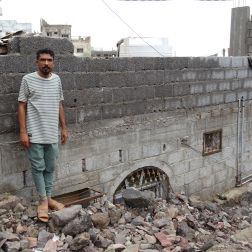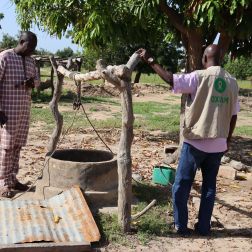- 4 mins read time
- Published: 23rd March 2018
Stop the war in Yemen
In a camp for people forced to flee their homes due to the war in Abs district, Hajjah governorate, Ahmed lives with his younger brother and three sisters. He is only 14 but has a thousand reasons to end this inhuman war. His father was diagnosed with cancer, his house was bombed and his sheep, the family's main source of income, died. Thankfully the family survived and moved out to this camp in Abs.
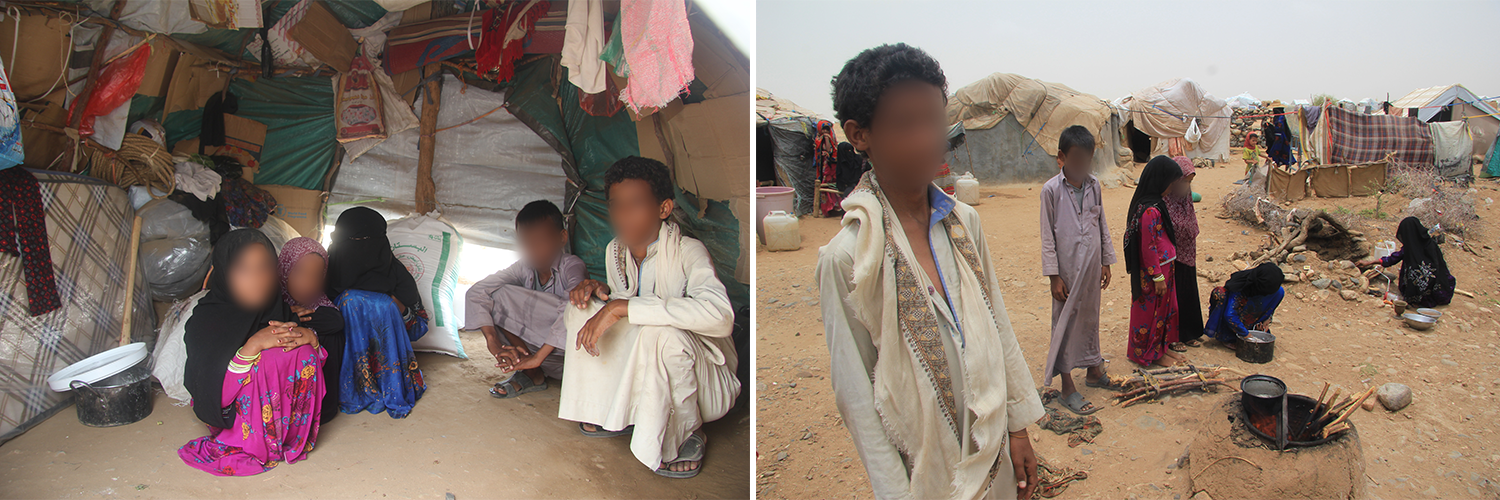
Left & Right: Ahmed and his siblings in Al-Okasha IDP camp, Abs district, Hajjah governorate - Credit: Ahmed Al-Fadeel / Oxfam Yemen.
The story doesn't end here, even though I wish it did. That would have been considered a happy ending compared to what actually happened. Earlier this year, and after seven months of suffering, Ahmed's father died, leaving his family behind to face poverty alone.
Days without food
Shortly after his father’s death, Ahmed was awakened by his sisters crying around their mother's body. Ahmed rushed into the room just to realize his mother had died. After burying her, they all moved to live with their uncle, who later sent them back to the camp because he couldn't afford to take care of them along with his own large family.
Ahmed suffers from asthma and works to provide food and clothes for his siblings. He tries to work with any opportunity he can find, people give him whatever they call, sometimes a few dollars, most of the time nothing. His sister also collects firewood that he sells on the market in exchange for food. It happens that they spend days without food.
Famine threatens
Famine is threatening eight million people across Yemen, and much of the country’s basic infrastructure has been bombed, including hospitals, schools, water-sources, factories, markets, bridges and ports.
Civil workers haven't been paid their salaries for over a year now, and the UN appeal for Yemen hasn't been fully funded for the third consecutive year, while vital life-saving ports are blocked for more than what people could afford.
Today in 2018, millions of people in Yemen are neglected and suffering, slowly battling starvation and disease. Our people have been bombed, killed, injured, scared, displaced, starved, blocked, sickened, and denied basic rights for nearly three years now.
All of this has happened in front of the very nations that promised to protect human rights. It has happened under the watch of the United Nations and, painfully, many international NGOs who are here with us, struggling on a daily basis to provide help, either because we’re denied access to local districts or because of the blockade of Yemen’s vital life-saving ports.
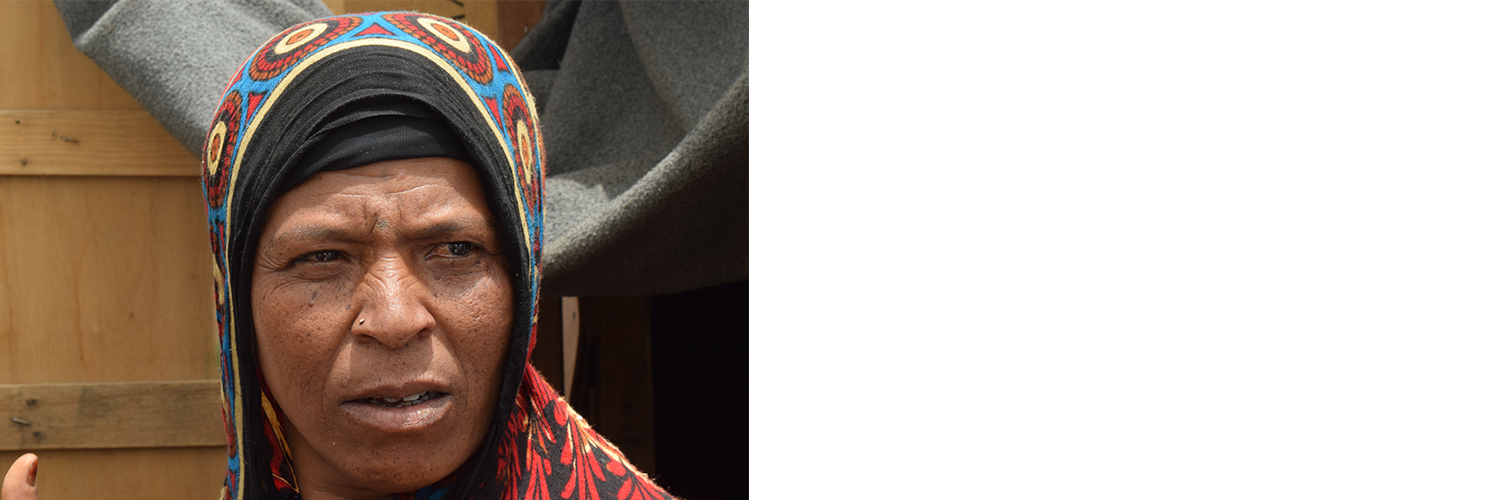
Left: A displaced woman in Taiz governorate. Zeyad Ghanem / Oxfam Yemen
Oxfam is there
Through Oxfam, we have seen ugly truths that the world is silent about. We have seen death in people's eyes, bodies too hungry to live and malnourished small children suffering from cholera. We don't need to tell you what else we saw, because history is full of examples of war tragedies, some of which are still happening here in Yemen. More than 5,500 civilians have died in this war and over 2,000 others have died of cholera, mostly children and the elderly.
Since July 2015, Oxfam has reached more than 2.8 million people with humanitarian assistance, with the help of our local partners. Yet over 22 million people are in dire need of immediate humanitarian assistance.
World leaders are silent
And still, while the situation keeps on deteriorating, the war is being fueled by arm sales that kill my people. World leaders silently continue to watch what many call the world’s worst humanitarian crisis, and Yemen is facing a world-class humanitarian despair.
World leaders and the United Nations are failing humanity once again. We are disappointed and so are 29 million other Yemenis.
I desperately wish to see the war end and no more children to suffer like Ahmed. There are far too many families like Ahmed's.
Ibrahim Yahia Alwazir, Social Media Officer and Ahmed Al-Fadeel, Field Media Assistant
